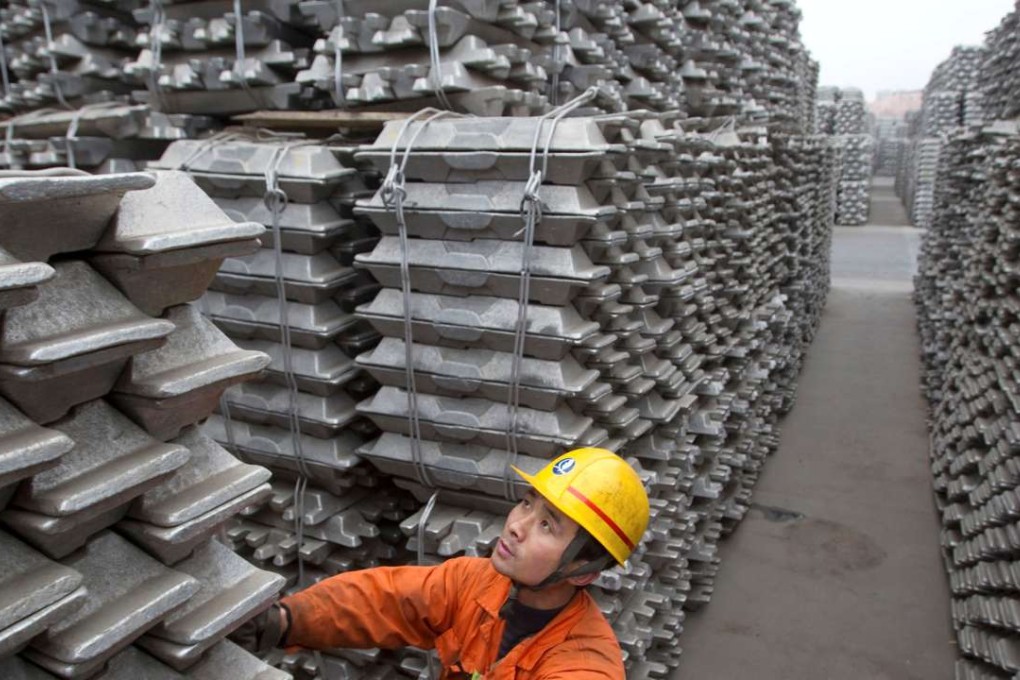China Hongqiao shares fall after reports of ‘dubious transactions’
World’s largest aluminium producer denies reports of shady and connected dealings

The report, posted on the web-site hongqiaoexposed.com, claimed that Hongqiao’s profit margin was much higher than its domestic and global peers and is “too good to be true”. It went on to add that the company’s large capital expenditures could “be a means to offload the fake profits.”
It claimed that Gaoxin Aluminum & Power, which supplied 59.8 per cent of Hongqiao’s total power supply and 65.6 per cent of raw material alumina in the first nine months of last year, was a connected party to the Shandong province-based Hongqiao. This is in contradiction to its prospectus which said Gaoxin is an independent third party.
Hongqiao’s share price spiked in the last hour of trading to close 2.5 per cent higher at HK$7.09 after falling as much as 4.3 per cent to HK$6.62 when the market opened.
The report claimed that both firms are located in the same industrial complex, adding Gaoxin’s filing to the State Administration for Industry and Commerce (SAIC) showed that it shares the same address, phone number and email address with a subsidiary of chairman Zhang Shiping’s privately-held Weiqiao Pioneering.